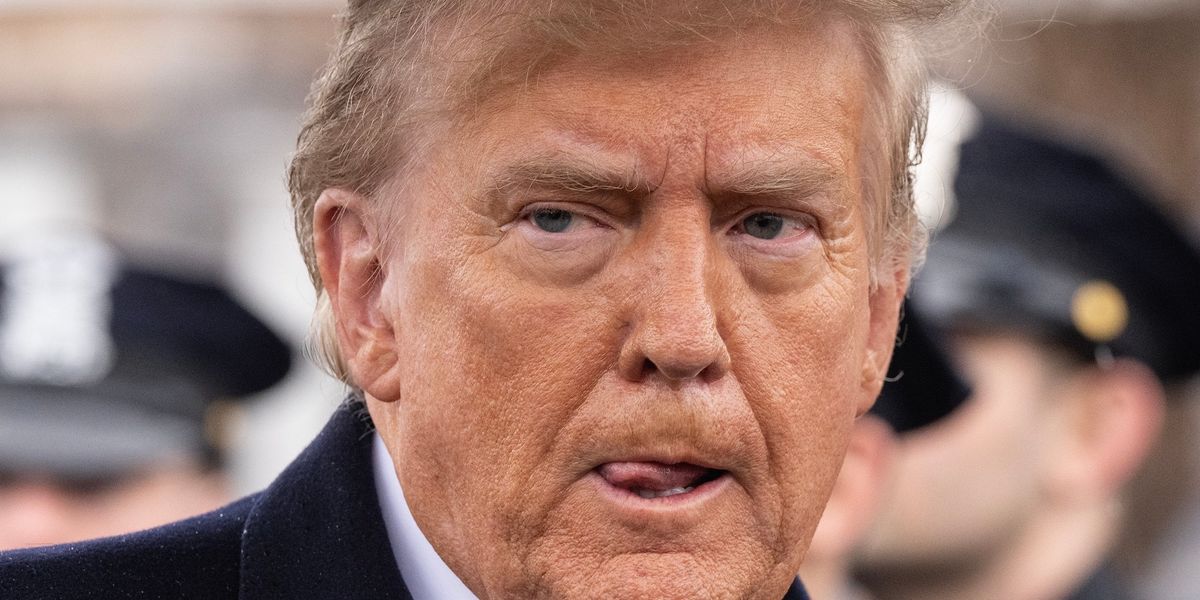A somewhat old piece from 2002 on the topic, but seems rather relevant:
https://scholar.harvard.edu/levitsky/files/SL_elections.pdf
Emphasis mine. Russia is an example of how it could play out. At the time of this piece, it was calling Putin's regime a competitive authoritarian regime. But in the years since, we've seen Putin successfully clamp down on the opposition, pushing it towards full blown authoritarianism and preventing any reforms from the 90s from taking root which would have slowed the process.
The problem I see is that even if Trump is defeated, the sort of things that enable such a slide are still in place. You still have the push to co-opt the judiciary with allies rather than judges. You still have major media cozying up to a particular party and its leaders. You still have the attempts to cripple the legislature and hollow out the bureaucracy in favor of fewer decision makers despite an increasingly complex society ("You can't delegate this responsibility, or that, or that..."). You have the Trump family taking greater control of the Republican party's machine. All of this is part of the process and has to be fought and rolled back. But how do you recover the electorate from co-opted media without meddling in the media? How do you recover the judiciary from stuffing without stuffing it yourself? In a polarized environment, I think the irony is that fighting such corruption will further entrench support for the people involved. So I'm not sure how you properly de-escalate here, or when you make the call that escalation might just be a risk you have to take.
But I think we're already in the throes of the backslide due to the damage done so far. The question is more does the process continue or not.





